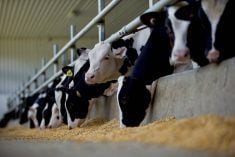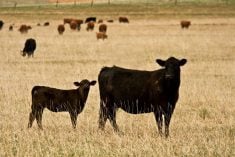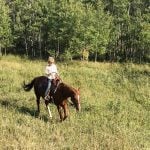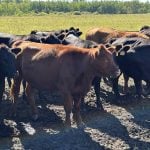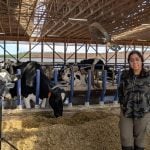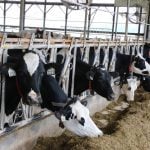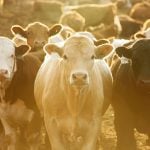Enforcement of new federal rules for livestock transport, due to take effect Feb. 20, will focus on handler education and awareness for the first two years — and across all affected livestock species, not just cattle.
The now-amended Humane Transportation of Animals regulations are meant to focus on the time frames during which animals are in transport without feed, water and rest, as opposed to time spent in confinement.
Federal Agriculture Minister Marie-Claude Bibeau, speaking last week to Canadian cattle producers in Ottawa, announced a “two-year transition period” for bovines, so as to provide “time to gather more data on effective solutions concerning the transport of cattle, while ensuring the preparedness of the sector in Canada.”
Read Also
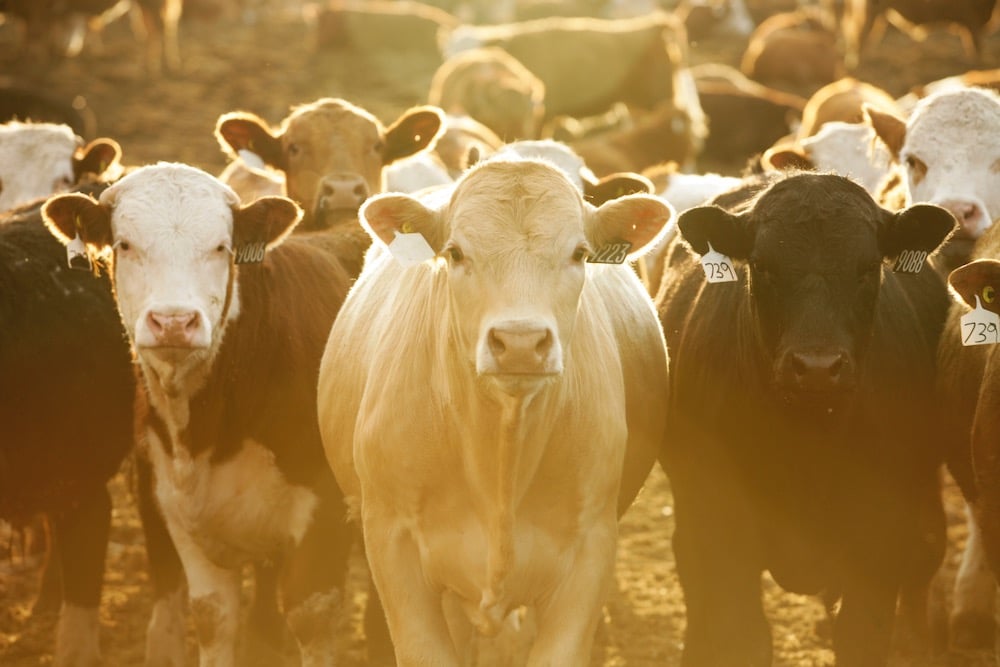
U.S. livestock: Cattle futures drop on Trump call for lower prices
Cattle futures on the Chicago Mercantile Exchange dropped sharply on Wednesday, reacting to comments from United States President Donald Trump…
Now, however, the Canadian Food Inspection Agency has clarified that during the two-year transition period, it will focus its enforcement of those feed, water and rest requirements on “compliance promotion,” via a combination of “education and awareness measures.”
That enforcement approach for the first two years “will be applied to all species for which feed, water and rest requirements apply,” CFIA said via email.
The focus on promoting compliance will allow CFIA and industry “to continue to work together on effective solutions to identified issues and for livestock sectors to implement any adjustments,” the agency said.
Maximums
The feed, water and rest requirements, which vary by species and age of animal, cover ruminants such as cattle, sheep and goats as well as monogastrics such as hogs, horses and birds.
For ruminant livestock, the new rules call for a maximum of 36 hours in transport without feed, water and rest, compared to the current maximum of 48 hours of transport confinement.
For ruminants too young to be fed exclusively hay and grain, the new maximum will be 12 hours without feed, water and rest, and the animals can only be transported once — whereas the current maximum for calves is 18 hours of transport confinement.
For “compromised” animals, the maximum time without feed, water and rest under the new rules is also set at 12 hours.
For adult monogastrics such as hogs and horses, the new maximum time in transport will be 28 hours without feed, water and rest, down from 36 currently. Broilers, spent hens and rabbits, under the new rules, can be hauled for no more than 24 hours without water and 28 hours without feed and rest.
Across all species, a “rest” period, after the maximum time without feed, water and rest has elapsed, is to be eight hours under the new rules, up from five currently. — Glacier FarmMedia Network






